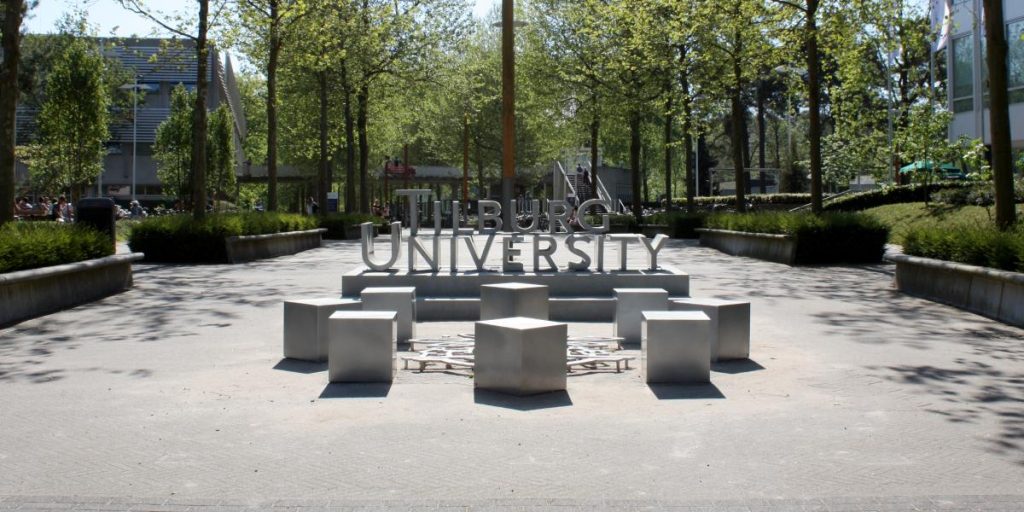
Successful INCA Platform Architecture Workshop
A group of 20 experts met at the Tilburg University campus on Thursday 25 January 2024 to discuss different forms of platform power through the lens of choice architecture. The way in which a platform designs its digital environment to guide the choice of its users is one common way through which platforms can exercise their power versus consumers (think of social media), business users (think of marketplaces), and platform workers (think of ride-hailing platforms). Architectural choices can be neutral or even to the benefit of users, but they can also result in harm – for instance when they trick users into making inferior choices.
During the full-day interactive roundtable, experts from a variety of disciplines and legal domains shared their insights on how to characterize and address concerns relating to platform power and choice architecture. Participants included academic scholars as well as selected representatives from regulators and non-governmental organizations. The discussion was structured within four panels.
The first panel took an interdisciplinary perspective and discussed the impact of choice architectures from an economic, ethical, and computer science perspective. The second panel focused on individuals as a framing to examine concerns relating to autonomy of decision-making and critically reflected on the effectiveness of data protection, consumer law and the recently adopted AI and Data Acts to tackle such concerns. The third panel took the perspective of markets and paid attention to the role of competition law, the Digital Markets Act, and the Platform Work Directive in addressing possible market distortions and gaps in labour protections. The fourth panel focused on the societal impact of platforms and their choice architectures, emphasizing how platforms steer public interests and have obtained an infrastructural role across various spheres of our lives.
The roundtable was organized by Friso Bostoen and Inge Graef of Tilburg University. Its results will feed into ongoing work in the INCA Horizon Europe project about characterizing platform power and how it is currently addressed by the EU regulatory framework.
Share on Facebook Share on Twitter Share on Pinterest